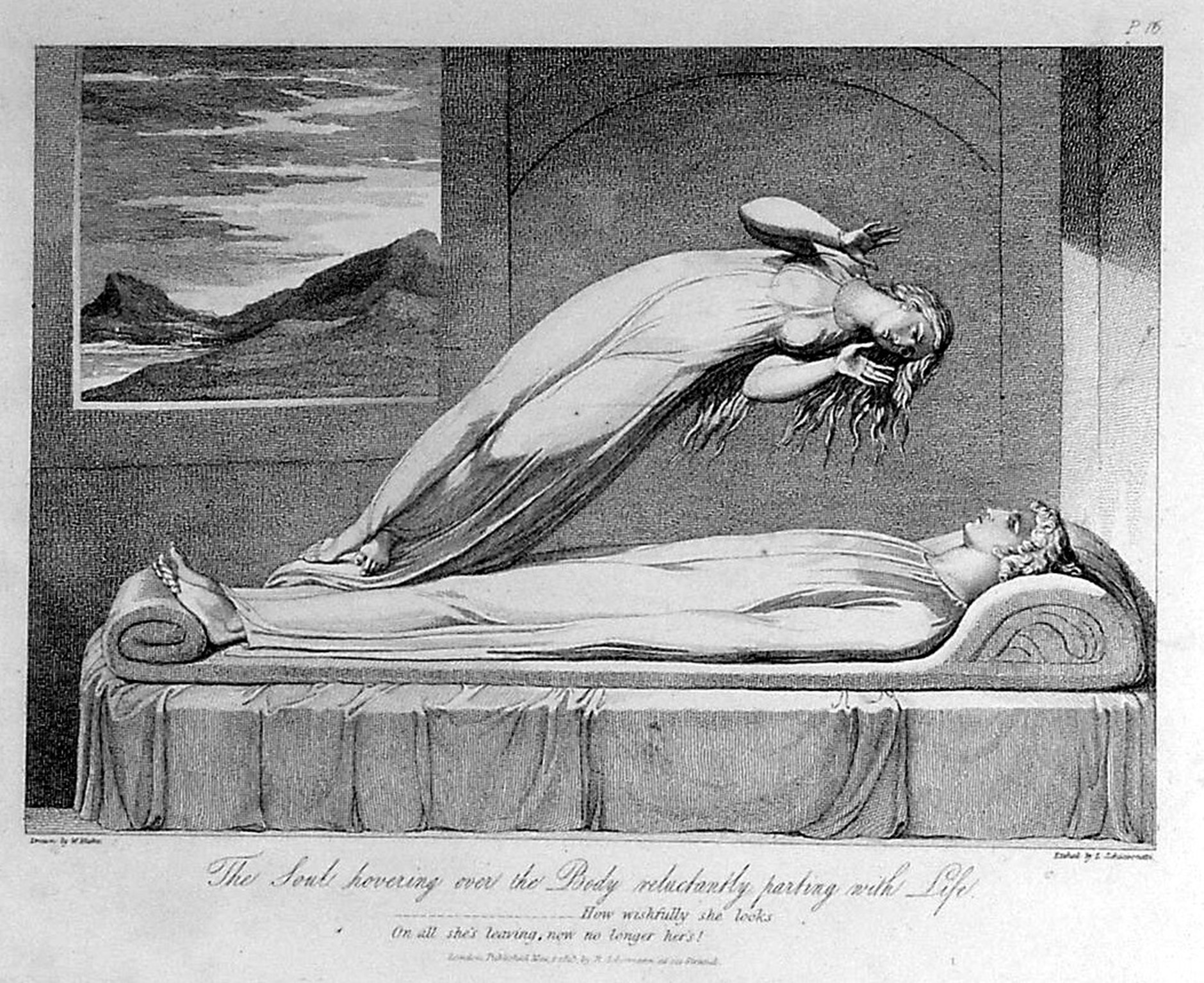Thank you for this fundamental question, Sabir Khan. It is however a loaded question, that is, it rests on at least two problematic assumptions: first, that the soul exists and, second, that it is located at all. We will have to look at both in order to tackle your question.
Whether it is plausible to maintain that the soul exists depends on what we mean by “soul”. There are a number of possible meanings of “soul” under which I deny that a soul exists, because I have never heard a convincing argument to believe otherwise. This includes the idea of the soul as either a special kind of matter or life-force, which somehow still interacts with normal matter, is indestructible and either ascends to some form of afterlife (heaven, hell, the underworld, Valhalla, etc.) after death or becomes reincarnated. This also comprises the image of the soul as a kind of driver or inhabitant of the body – a ghost driving a meat-covered skeleton. Some variation of this concept can be found in many religions and philosophies. I find it implausible and useless as a descriptor of human behaviour.
More useful to me are certain Greek ideas about the soul, namely, as a form of aboutness (intentionality) and as a form of the living body in general. An entity with a soul is thus anything that is configured so that it intends things (wants them, knows them, enjoys them, etc.). On this understanding, a soul is not something we have, but something we do – a kind of comportment, so to speak.
The English expression “you have no soul” touches on this, insofar as it (usually) does not contain a brutal metaphysical accusation, but a judgement on character and behaviour. One lacks a soul if one fails to be moved by a tragic story or a glorious piece of music or if one fails to grasp the beauty of a sunset. In general “soul” here refers to a form of conscious connection or subjective relation to something.
To ask where it is located is misleading, as it would be to ask where our joy is located or our knowledge or our will. There are neuronal correlates and conditions to all of these, yet even those will be located only in the sense that certain locatable neurons might play a part in their constitution, next to functional connections, rhythm of firing, and so on.
If anywhere, the joy itself is rather in our movements, in our laughter or our joyful expressions – maybe in our minds (or hearts), as well. Or take determination: as a form of demeanour, it is in the way you talk the talk and walk the walk; in Homer, what we translate as “soul” often leaves from the limbs in this sense. But this kind of “being-in” of joy or determination is not that of a spatial location. The soul is “in” (or simply is) our way of behaving towards the world and others.
What do you think? Is it possible to locate a soul? Let us know in the comments.
And, as always, if you have a question for the Armchair Philosophers, don’t hesitate to get in touch. You could send us a message or fill in this form.
Be sure to check out our podcast!
If you like what we do, you can support us by buying us a coffee!
Image: The Soul hovering over the Body, by William Blake (1813)
I received my PhD in philosophy in 2017; my dissertation was called “Plato's Bastard” (published as “Phenomenology as Platonism” [Phänomenologie als Platonismus]). My areas of interest are phenomenology, metaphysics and their overlap; but I dabble in whatever field I feel like – and with whoever's up for it. Philosophy to me means questioning our presuppositions, which fascinates me because it is something we can do whenever anyone says anything about anything and it never gets boring or old; it's also something that's painfully absent from public discourse, but easily learned. Enter: public philosophy!

